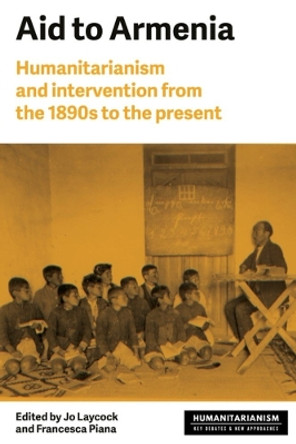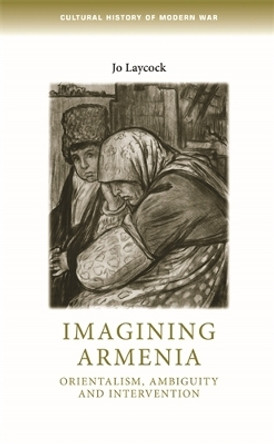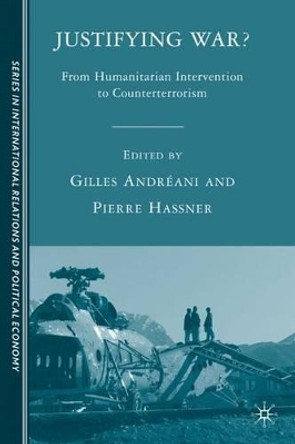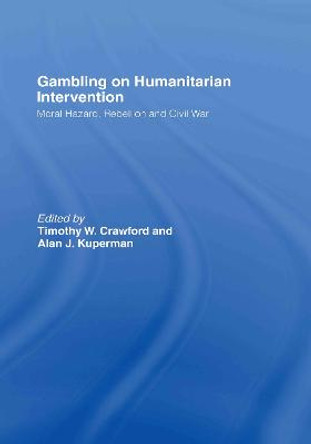Description
Interventions on behalf of Armenia and Armenians have come to be identified by scholars and practitioners alike as defining moments in the history of humanitarianism. This volume reassesses these claims, critically examining a range of interventions by governments, international and diasporic organizations, and individuals that aimed to 'save Armenians'.
Drawing on perspectives from a range of disciplines, the chapters trace the evolution of these interventions from the late-nineteenth to the present day, paying particular attention to the aftermaths of the genocide and the upheavals of the post-Soviet period. Geographically, the contributions connect diverse spaces and places - the Caucasus, Russia, the Middle East, Europe, North America, South America, and Australia - revealing shifting transnational networks of aid and intervention. These chapters are followed by reflections from leading scholars in the fields of refugee history and Armenian history, Peter Gatrell and Ronald Grigor Suny.
Aid to Armenia not only offers an innovative exploration into the history of Armenia and Armenians and the history of humanitarianism, but it provides a platform for practitioners to think critically about contemporary humanitarian questions facing Armenia, the South Caucasus region and the wider Armenian diaspora.
About the Author
Jo Laycock is a Senior Lecturer in Modern History at the University of Manchester
Francesca Piana is a Postdoctoral Researcher at the University of Trento
Reviews
'This is the 11th volume in the timely and consistently well-edited series "Humanitarianism: Key Debates and New Approaches." Ten essays, an important introduction, an afterword, and an epilogue present and analyze over a century of humanitarian attempts to help Armenia and Armenians when they were ruled by Ottoman Turkey, Tsarist Russia, and the Soviet Union, or after independence. Some of the best essays are specific and focused, such as Sossie Kasbarian's "Refuge in the 'Homeland,'" about Syrian Armenians seeking shelter and humanitarian help due to the ongoing catastrophe in Syria. Others offer accounts of and draw lessons from countries contributing aid, as in Heitor Loureiro's surprising narrative of attempts to engage Brazil. Vahe Tachjian's thoughtful account of contributions from a major philanthropic organization of the Armenian diaspora helpfully directs attention to non-state sources of assistance. Not all essays can be enumerated, but Asya Darbinyan's rich and compact examination of Russian imperial responses to humanitarian catastrophe achieves a particularly complex task well, pointing out differences between assistance coming from first responders, institutions, and then states. The editors instructively summarize the wealth of actions and discourses that together constitute not just Armenian but all modern humanitarianism in this essential collection.'
CHOICE
'An excellent contribution to the history of humanitarianism. The collection of well-researched and readable essays provides a compelling analysis of humanitarian interventions in support of Armenia and Armenians from the late nineteenth century to recent years.'
Silvia Salvatici, University of Florence
'An essential and groundbreaking volume ... The contributions to this volume, bringing together a multiplicity of humanitarian interventions, stand out not only for their meticulous research and scholarly excellence, but also for their interdisciplinary approach ... Its comprehensive geographic and chronological coverage makes it an essential resource for scholars, practitioners, and anyone interested in the complexities of humanitarian aid and intervention.'
Melanie Schulze Tanielian, University of Michigan
Book Information
ISBN 9781526142207
Author Joanne Laycock
Format Hardback
Page Count 216
Imprint Manchester University Press
Publisher Manchester University Press
Weight(grams) 481g
Dimensions(mm) 234mm * 156mm * 13mm










